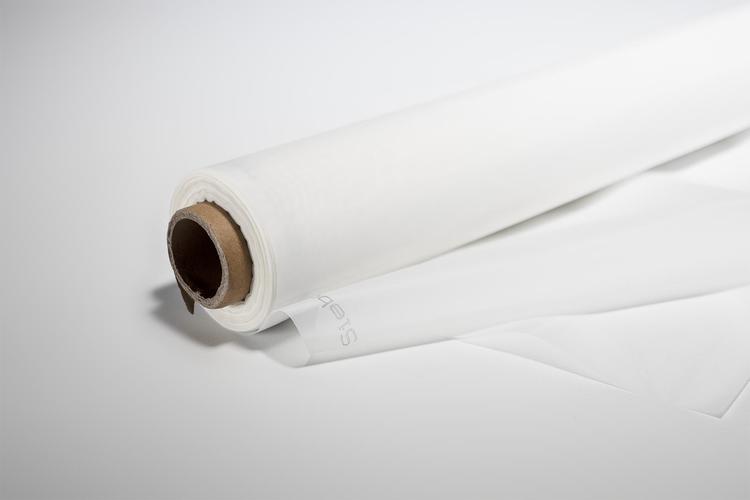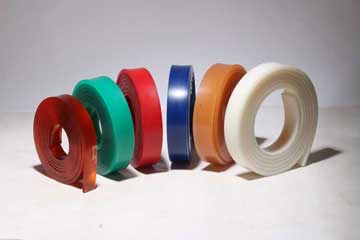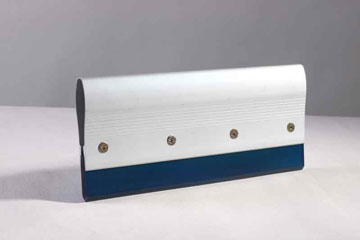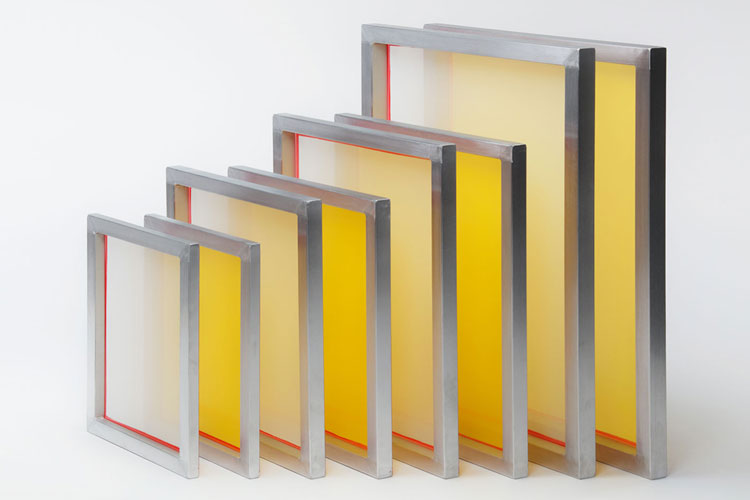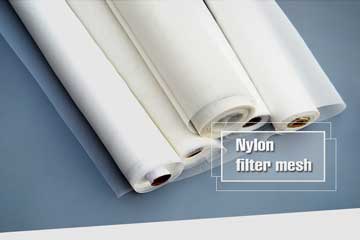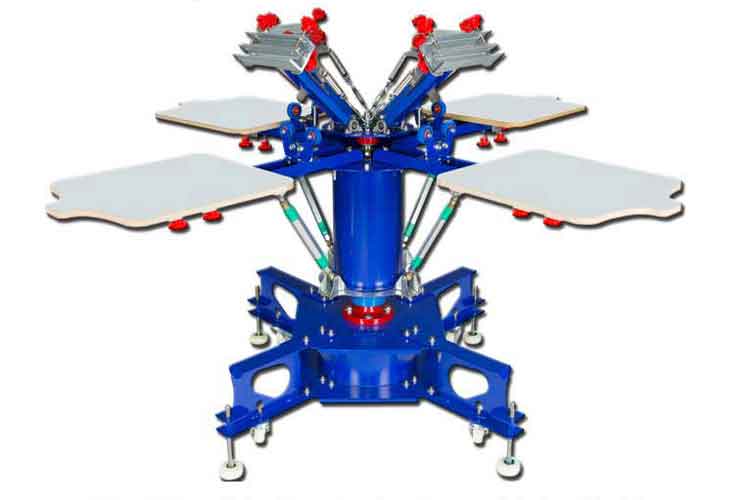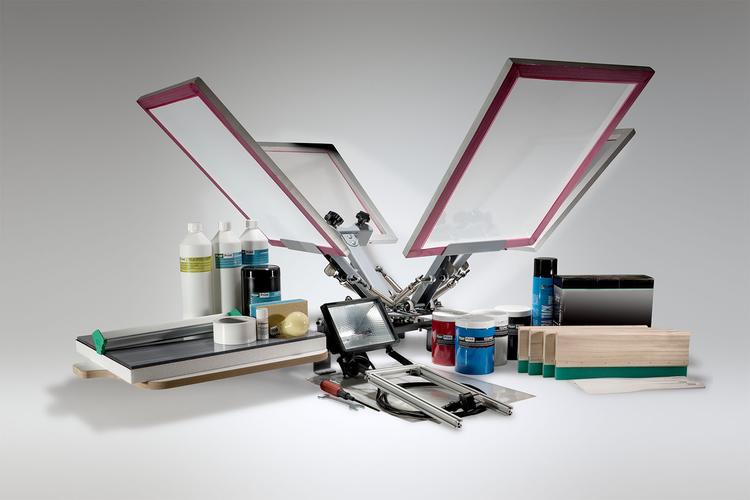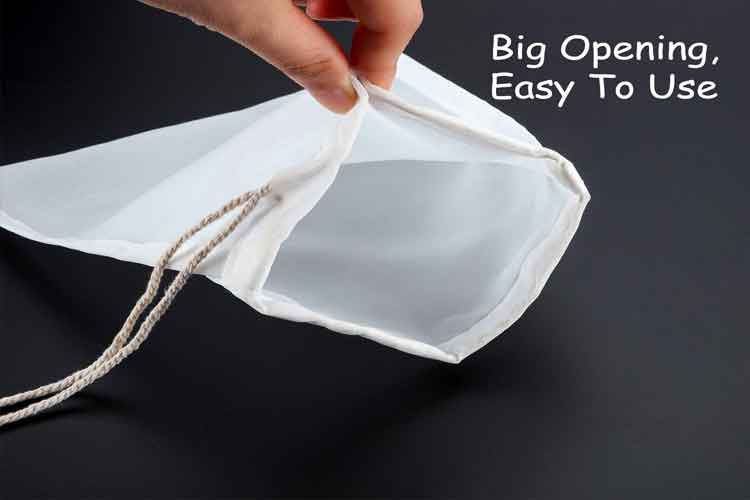Comprehensive Guide to Screen Printing Mesh Counts and Applications: Maximizing Print Quality with 100 to 305 Mesh
This guide provides an in-depth look at the role of screen mesh count, fabric types, and frame options, tailored for every printing need, from entry-level setups to professional-grade production. Whether you’re seeking information on 100 mesh silk s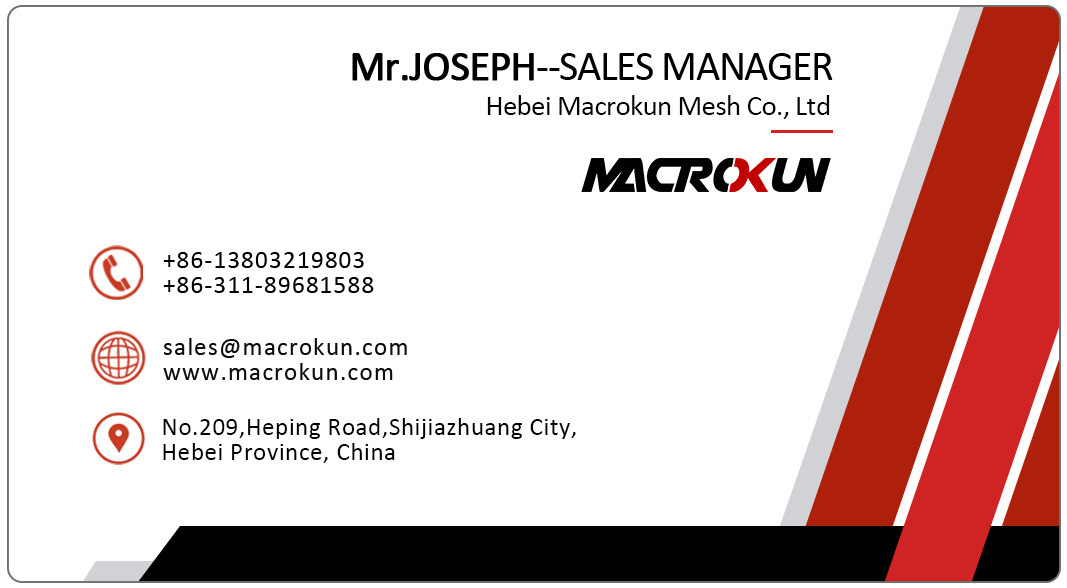
This guide provides an in-depth look at the role of screen mesh count, fabric types, and frame options, tailored for every printing need, from entry-level setups to professional-grade production. Whether you’re seeking information on 100 mesh silk screen or **305305 mesh screen printing, this guide covers it all.
1. Introduction to Screen Printing Meshes
Import
- Start by explaining mesh count as a critical factor that influences print quality, ink thickness, and design detail. Each mesh count serves a unique purpose, with examples such as 100 mesh silk screen for bold designs and 305 mesh screen printing for high-detail, photographic reproductions.
Applications and Industry Relevance
- Emphasize the significance of using optimized mesh counts, such as 110 mesh screen and 120 mesh screen printing, for different types of inks and substrates in screen printing.
- Mention how customers might search for local products like 110 mesh silk screen near me for quick access to reliable printing supplies.
2. Mesh Counts Explained: From 43T to 305
Low Mesh Counts (43T, 90T, 100)
- 43t mesh and 43t screen printing mesh are optimal for water-based inks, achieving thicker prints.
- 100 mesh silk screen: Used commonly in bold graphic prints that require a heavy ink layer.
- 90t mesh and 90t screen printing mesh: Suitable for thicker inks, such as plastisol, that achieve excellent coverage on darker fabrics.
Intermediate Mesh Counts (110, 120, 150, 156)
- 110 mesh screen, 110 monofilament polyester mesh, and 110 monofilament screen fabric are among the most versatile, used for printing basic designs with solid colors.
- 120 mesh silk screen and 120t mesh are widely used for achieving fine details in apparel prints, especially when semi-transparent inks are required.
High Mesh Counts (230, 305)
- 230 mesh screen printing and 305 mesh screen printing cater to advanced printing needs, such as photographic and high-resolution graphic reproduction.
- 305 mesh silk screen allows ultra-thin layers of ink to pass through, achieving fine details on delicate materials.
3. Choosing the Right Mesh for Your Print Project
Factors to Consider
- Explain the factors that determine the best mesh for specific projects, such as design complexity, ink type, fabric, and the required print durability. Use 110 screen printing mesh as an example for basic projects and 160 screen printing mesh for detailed designs.
Comparing Specific Options
- Compare popular choices such as 156 screen printing mesh and 200 mesh screen printing for businesses needing clarity on which mesh will serve their goals best.
Specialty Applications
- Showcase specific mesh options, like 110 micron silk screen for ultra-fine detail and 120t screen printing mesh for achieving consistent gradients.
4. Fabric Types in Screen Printing
Monofilament vs. Multifilament
- Explain the differences, such as durability and performance in various conditions, between 110 monofilament polyester mesh and standard multifilament fabrics. Monofilament screens, such as 110 monofilament screen fabric, offer higher precision, while multifilament is more economical.
Material Composition and Its Impact on Print Quality
- Discuss polyester’s benefits, particularly in high mesh counts, like 160 mesh silk screen and 200 mesh count screen, which maintain stability over repeated prints.
5. Screen Sizes and Frame Types: Customizing for Production
Standard Frame Sizes
- Highlight common frame sizes, such as 20x24 screen printing screens and 23x31 aluminum screens, with options like 20x24 aluminum screens providing a durable frame for high-frequency use.
Choosing Aluminum vs. Wood Frames
- Advantages of 23x31 screens and other aluminum frames over wood frames, especially when using higher mesh counts like 230 mesh screens for professional prints.
6. Specialty Mesh Options and Their Unique Benefits
Exploring Lower Mesh Counts
- Describe 43t screen printing mesh for thicker applications and 90t mesh for vivid prints on dark fabrics, offering clarity on which screen is best suited for multi-layered prints.
Ultra-Fine Mesh Options for High-Resolution Designs
- Showcase high mesh counts like 305 mesh screen and 305 mesh screen printing, often used in printed electronics and fine art due to their high detail capacity.
7. Pricing Insights for Different Mesh Counts and Screens
General Pricing Trends
- Discuss the average cost range for mesh types like 110 mesh silk screen, 120 mesh silk screen, and 230 mesh silk screen.
Investing in Quality: Frame and Mesh Cost Analysis
- Provide guidance on budget planning for businesses, explaining the cost-effectiveness of 20x24 screen printing screens versus 23x31 aluminum screens for long-term projects.
8. Best Practices for Screen Maintenance
Cleaning and Storage
- Offer tips for extending the life of screens, especially finer meshes like 100 micron filter cloth and 120 micron stainless steel screen, which need careful cleaning.
Maintenance by Mesh Count
- Different care techniques depending on mesh count, such as 160 mesh silk screen and 305 mesh screen printing, to help users preserve the quality of each screen.
9. FAQ on Screen Printing Mesh Selection
-
What mesh count should I use for water-based inks?
- Low meshes like 43t mesh are ideal for thicker applications with water-based inks.
-
What’s the best screen for high-detail graphic printing?
- High mesh counts such as 230 mesh screen printing and 305 mesh silk screen are best suited for detail-oriented printing.
-
Why is monofilament polyester mesh preferred?
- Monofilament types, such as 110 monofilament polyester mesh, provide excellent durability and accuracy in fine-detail prints.
Pre:160 Mesh Screen Printing Mesh: An Optimized Sales Article
Next:Comprehensive Guide to Screen Printing Meshes and Applications
Tags:
